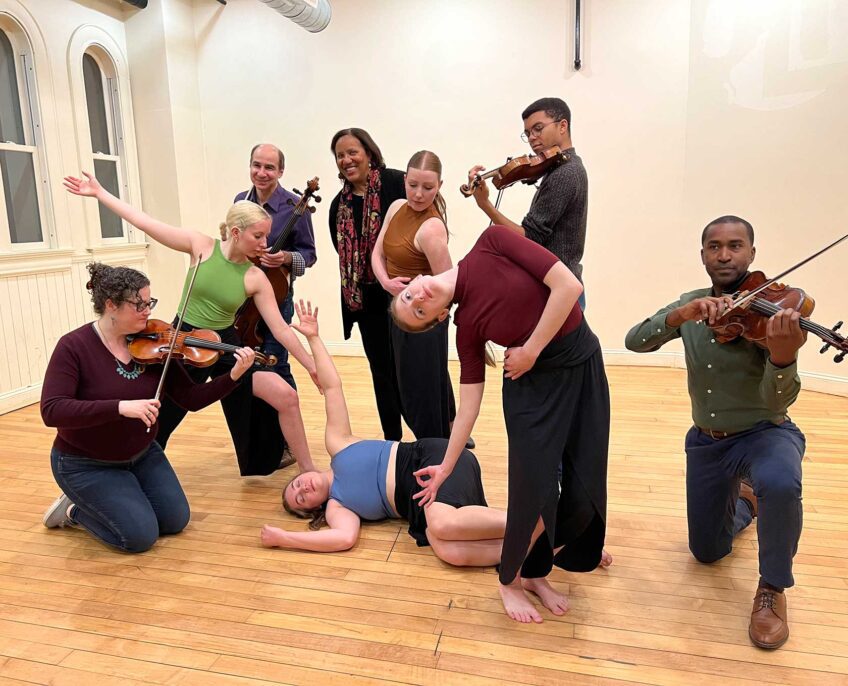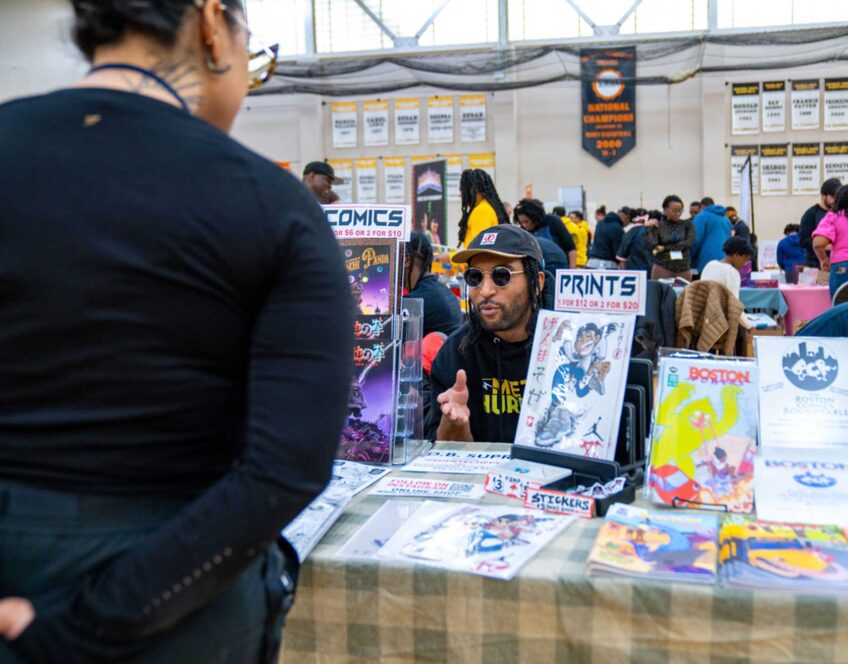
“People would often ask, ‘Is this book about you?’ I didn’t want to talk about that,” he said. “I wasn’t comfortable talking about it. I would say that this is a work of fiction.”
Harris’ home is a reflection of his personality: eye-catching, but not flashy. Behind the modest brick facade of his north Atlanta town house is a meticulously decorated, yet welcoming home.
Dressed in a white and blue button down shirt and crisp white slacks, Harris is somewhat of a contrast in his ornately decorated living room, which is bathed in red and channels a romantic, almost European elegance. Harris, like the room, is impeccable and has left no detail unattended, from his manicured hands to his closely cropped hair and goatee.
He is warm, low-key and engaging. Absent is the drama present in so many of his novels.
His approach has been an essential part of his formula. “Invisible Life” and books that followed helped his readers — especially black women — feel less isolated, said Mark Anthony Neal, a professor of African American and women’s studies at Duke University.
“Women were ashamed to tell a friend before E. Lynn Harris presented a world that reflected what they were going through and it made him a superstar,” Neal said. “And in that weird kind of way that art imitates life, he got folks to begin to wrap their head around homosexuality in the black community in ways that we had been reluctant to do before.”
Harris said that the courage readers got from the book empowered him to be honest about himself. He continued to tell stories dealing with similar issues, to tell black middle class readers about people they knew, but who were living secret lives.
For years, he was alone in exposing the “down low,” but the phenomenon exploded into mainstream culture in 2004, a decade after “Invisible Life.” That year, J.L. King’s “On the Down Low: A Journey Into the Lives of ‘Straight’ Black Men Who Sleep With Men” hit bookstores and the author appeared on Oprah Winfrey’s TV show.
Harris said he was glad to have started the dialogue.
“Am I upset that other people came along and capitalized on something I started? I say no,” he says. “It wasn’t something I created.”
His readers will likely be glad to follow Harris away from the “down low,” said Herndon Davis, spokesman for the National Black Justice Coalition, a civil rights organization that pushes for greater equality for black gays, lesbians and transgender individuals.
“People are tired of hearing about the ‘down low,’ for one thing,” Davis said. “And people are becoming more aware of who we are.”
Which frees up Harris to be who he is. Case in point: The sports fanatic couldn’t help showing off to visitors his favorite room in the house. As he hurried excitedly toward the basement, his face lit up as he entered another red room, this one plastered with sneering hogs, pennants, photographs and other memorabilia from his alma mater.
In that moment, he wasn’t black. He wasn’t gay. He was E. Lynn Harris, Razorback.
(Associated Press)




![Banner [Virtual] Art Gallery](https://baystatebanner.com/wp-content/uploads/2024/04/NJ-H_1-713x848.jpg)

